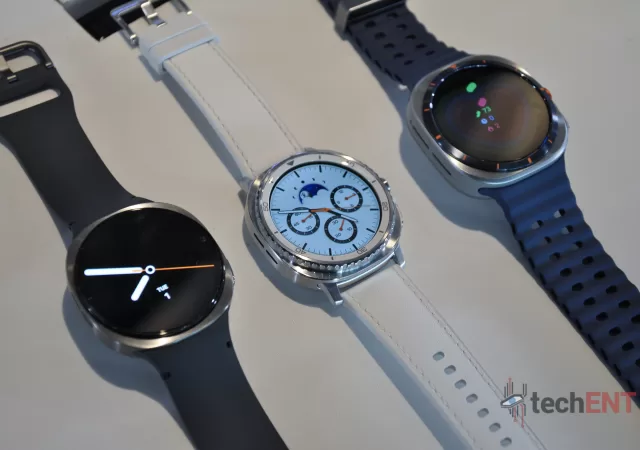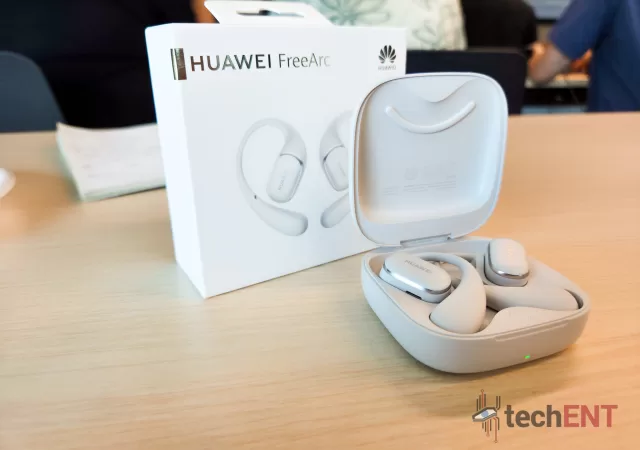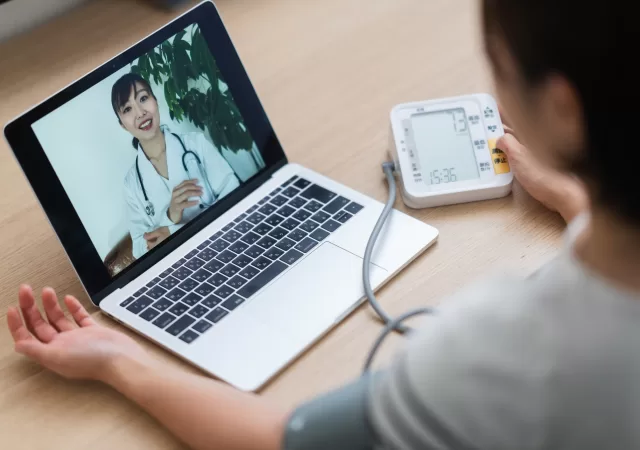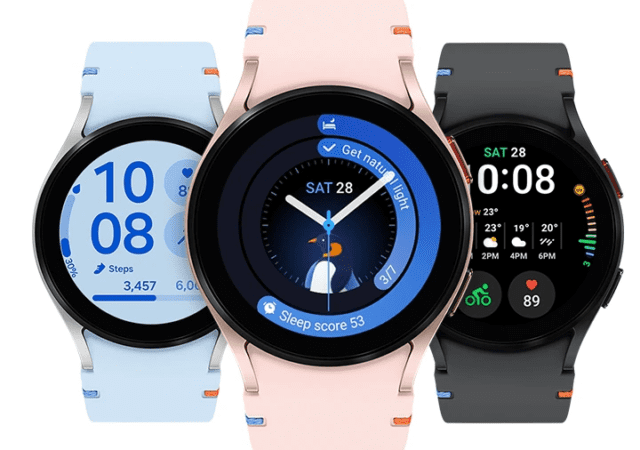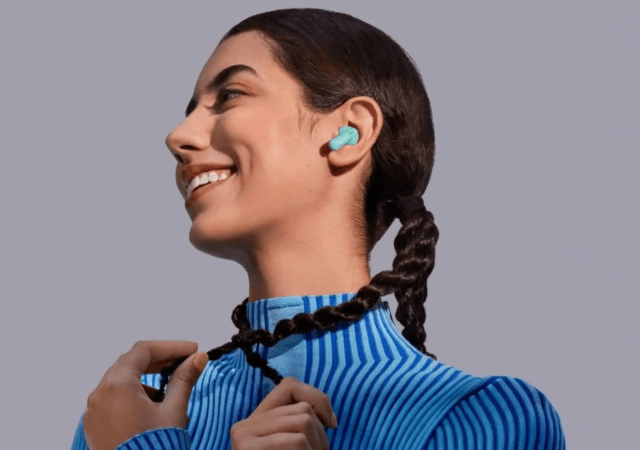Samsung announces the new Galaxy Watch8 series complete with the return of the Classic variant with the rotating bezel.,
Huawei Expands Wearable Line Up with FreeArc and Band 10
Huawei’s wearable line up gets more compelling with a brand new entry – the Huawei FreeArc Earphones – and a refresh of the Huawei Band.
[CES 2025] Ultrahuman Rare Intertwines Luxury and Health Tracking
Ultrahuman unveils a new smart ring made for those looking for a more luxurious health tracker to fit their style.
[CES 2025] Skincare Get Even More Personalised with the L’Oréal’s Cell BioPrint
L’Oréal makes skincare more personalized with the Cell BioPrint which uses biosensors to determine the best products for your skin.
[CES 2025] Health Tracking Just Got A Circular Update – Meet the Ring 2
The Circular Ring 2 makes its debut at CES 2025 bringing a long with it major upgrades to health tracking and even sizing.
Empowering the Future of Personalized Medicine Through Co-Creation: Forging A Path With NalaGenetics and Zurich Insurance
Zurich continues to push boundaries in Healthcare and InsureTech with the Zurich Innovation Championship (ZIC) by working with one of the Champions, NalaGenetics, in an effort that brings personalised medicine to the forefront.
Transforming Healthcare in Asia Pacific: The Impact of Medical Devices
Telemedicine, remote medical devices and other new emerging technologies are reshaping healthcare. DKSH weighs in on the impact of these technologies.
Amazfit T-Rex 3 Released in Malaysia at RM1,099
Amazfit’s latest rugged smartwatch offering, the T-Rex 3, makes its Malaysian debut complete with its signature rugged exterior and ZeppOS 4.0.
Samsung’s Galaxy Watch is More Affordable with the Galaxy Watch FE
Samsung releases the Galaxy Watch FE, a more affordable Galaxy Watch that makes tracking your health more accessible.
OnePlus Hits the Refresh Button Unveils the Nord Buds 3 Pro and Watch 2R
OnePlus unveils the Nord Buds 3 Pro and the Watch 2R to complement the Nord 4 smartphone and Pad 2.



